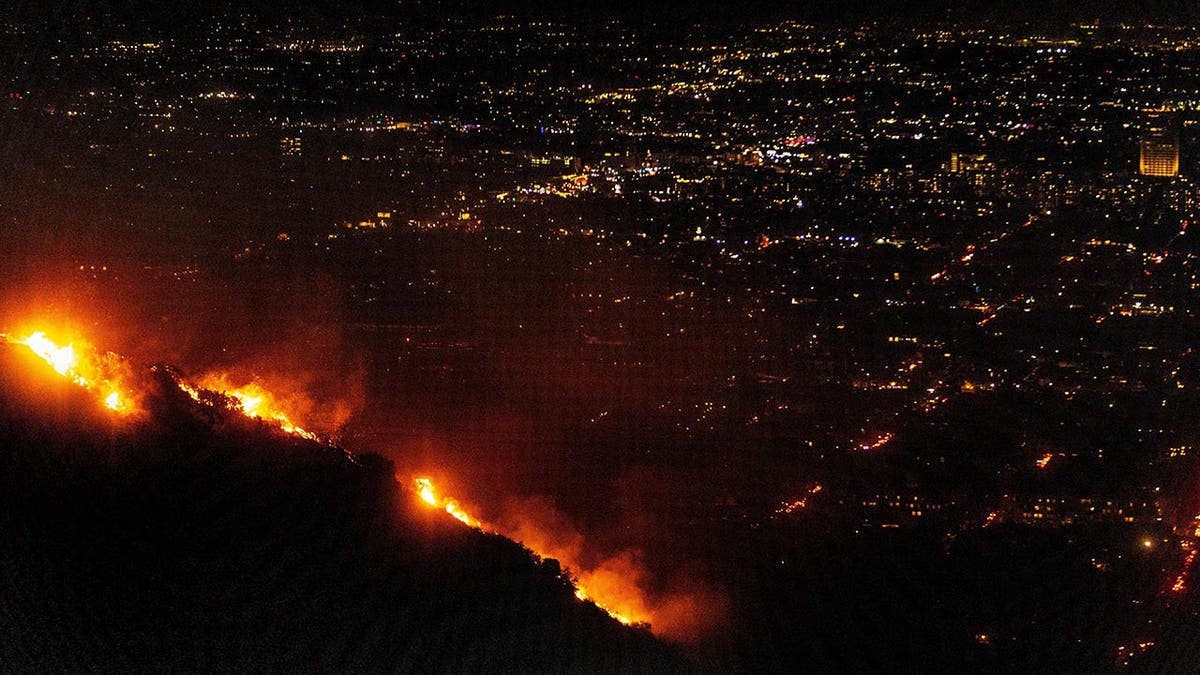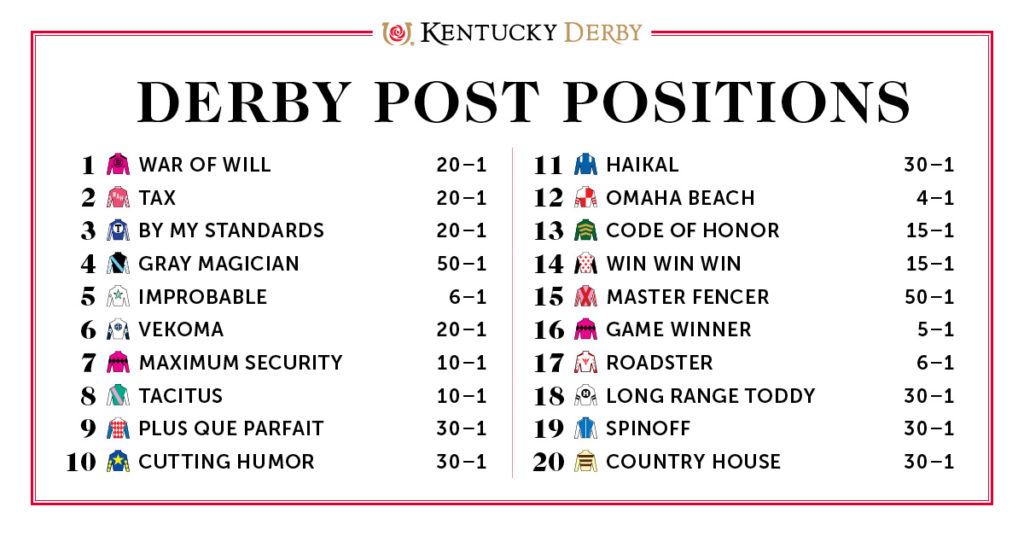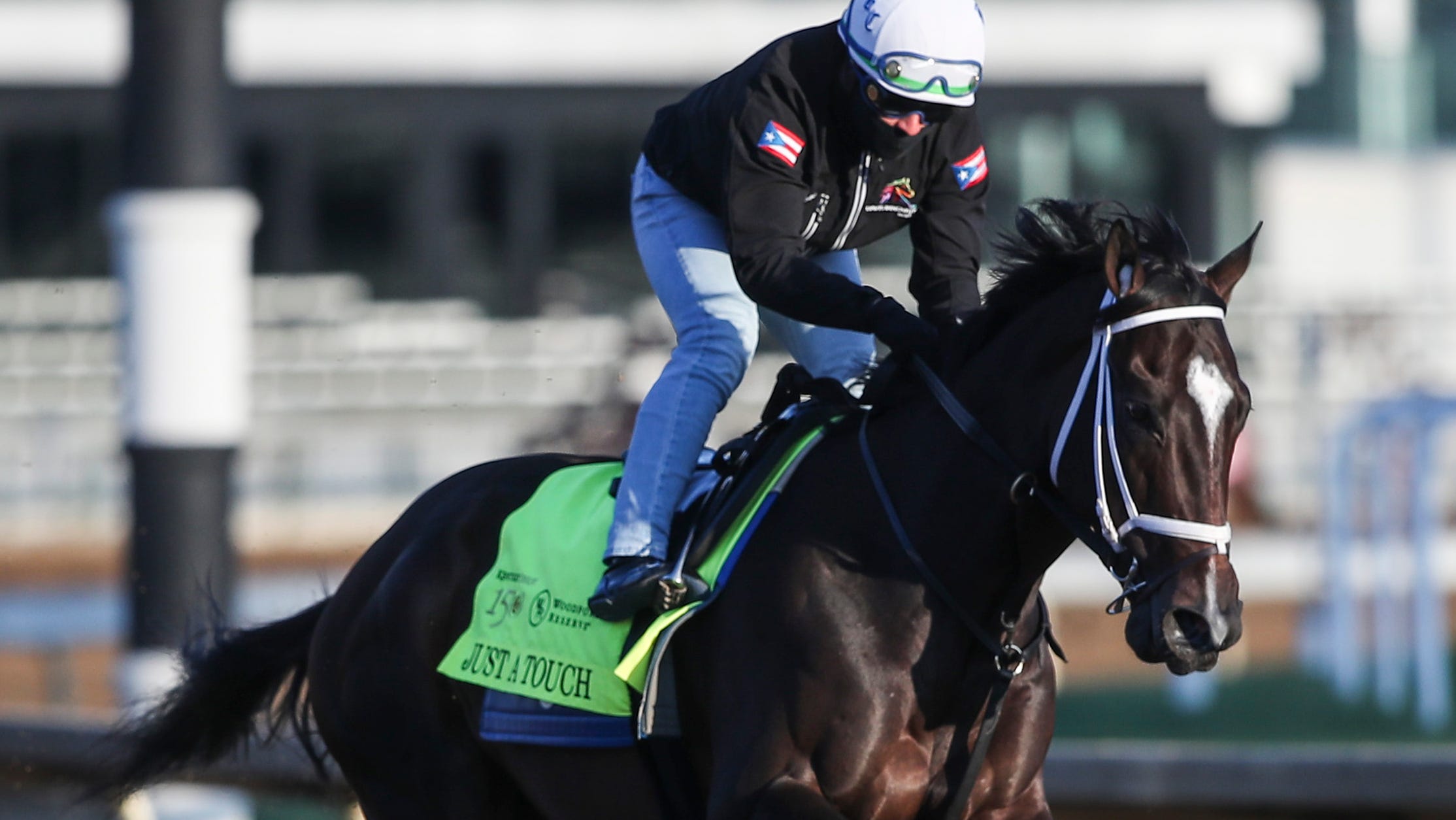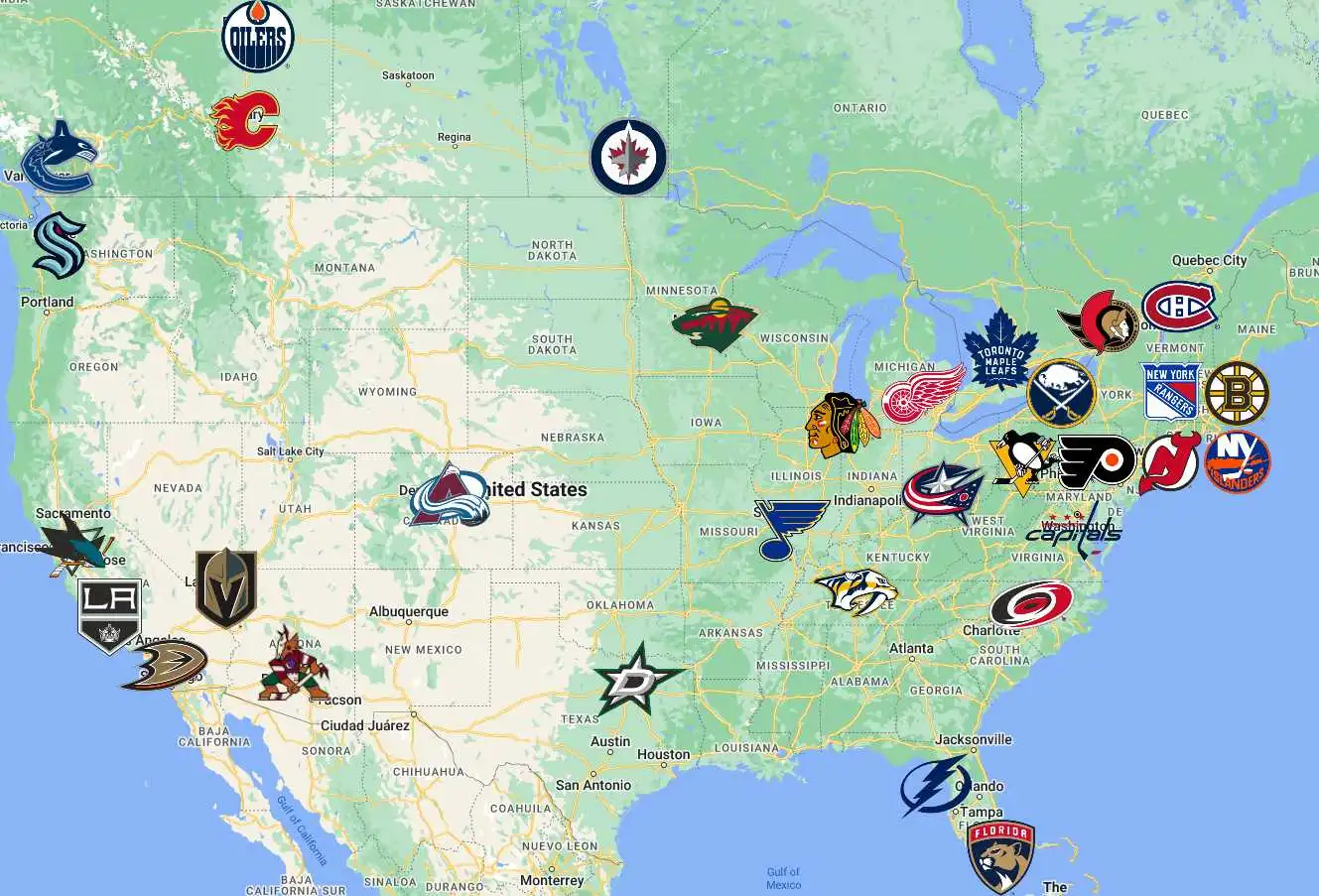Disaster Betting: Exploring The Los Angeles Wildfires As A Case Study

Table of Contents
The Allure of Disaster Betting
The practice of betting on natural disasters, a disturbing trend often referred to as disaster betting, raises significant concerns. Understanding why individuals engage in this behavior is crucial to addressing the problem effectively.
Motivations Behind Placing Wildfire Bets
Several factors contribute to the allure of disaster betting, particularly concerning events like the devastating wildfires that frequently plague Los Angeles. These motivations are complex and often intertwined:
- Gambling Addiction: For some, the urge to bet transcends the specific event, driven by a compulsive need to gamble.
- Thrill-Seeking: The inherent risk and the potential for significant payouts can appeal to individuals seeking an adrenaline rush.
- Perceived Low Risk: The perceived low probability of a specific, large-scale event, such as a wildfire exceeding a certain intensity in a specific location, may lead to a false sense of security.
- Financial Gain: The potential for substantial financial rewards is a primary motivator for many involved in disaster betting.
- Social Pressure: Online communities and social media can normalize and even encourage such behavior, leading to peer pressure and participation.
The psychological aspects driving individuals to bet on such events are multifaceted. Social media and online forums, often operating beyond jurisdictional oversight, play a significant role in promoting this activity, disseminating information, and facilitating bets. The anonymity offered by online platforms further complicates the issue.
Types of Disaster Bets
Disaster betting encompasses a wide range of wagering options, all sharing the common thread of profiting from misfortune. Examples concerning wildfires include:
- Severity Bets: Wagers on the total acreage burned, the extent of property damage, or the number of people evacuated.
- Location Bets: Predicting which specific neighborhoods or communities will be most severely affected.
- Duration Bets: Betting on the length of the wildfire season or the duration of a specific wildfire.
- Insurance Claims Bets: Speculating on the volume of insurance claims resulting from a wildfire.
The complexity of these bets highlights the potential for manipulation and market distortion, as discussed further below.
Legal and Regulatory Aspects of Disaster Betting
The legality and ethical implications of disaster betting are complex and often ambiguous.
Legality of Betting on Natural Disasters
The legal status of betting on natural disasters varies considerably across jurisdictions. In California, and indeed throughout the US, laws governing gambling and insurance fraud are relevant. However, the decentralized nature of online gambling, often involving unregulated international platforms and cryptocurrencies, creates significant challenges for enforcement. Existing regulations often struggle to keep pace with the evolving landscape of online betting.
- California Law: Specific legislation regarding disaster betting is lacking, creating a regulatory grey area. Existing laws focus primarily on general gambling regulations and insurance fraud.
- Federal Law: Federal laws on gambling primarily address interstate gambling and online betting, but enforcement regarding niche markets like disaster betting remains difficult.
Ethical Considerations and Social Responsibility
Beyond the legal considerations, significant ethical dilemmas arise from disaster betting.
- Profiteering from Suffering: The inherent insensitivity of profiting from human suffering and widespread devastation is morally reprehensible to many.
- Exploitation of Vulnerable Populations: Disaster betting can disproportionately target vulnerable individuals facing financial hardship or emotional distress in the wake of a disaster.
- Impact on Emergency Response: The distortion of markets and potential for fraudulent claims can negatively impact emergency response efforts and hamper effective disaster relief.
Addressing these ethical concerns requires a multifaceted approach involving individuals, organizations, and governments, working together to foster a more responsible gambling environment.
The Los Angeles Wildfire Case Study
Analyzing past Los Angeles wildfires provides a valuable case study, although data limitations present significant challenges.
Specific Examples of Betting Activity During Past Wildfires
Due to the clandestine nature of disaster betting and the lack of publicly available data, providing specific examples of bets placed during past LA wildfires is difficult. Anonymized data, if accessible, would be subject to stringent privacy protections. The difficulty in obtaining accurate data highlights the need for further research and investigation into this secretive practice.
The Impact on Insurance Markets and Disaster Relief
Disaster betting can significantly impact insurance markets and hinder effective disaster relief:
- Insurance Premiums: Manipulative betting activity can distort the perceived risk, potentially leading to inflated insurance premiums for those in high-risk areas.
- Fraudulent Claims: The potential for fraudulent insurance claims, fueled by insider information or coordinated betting schemes, adds another layer of complexity to the problem.
- Disaster Relief Funding: Distorted market signals and fraudulent claims can reduce the efficacy of disaster relief funding, potentially diverting resources away from those genuinely in need.
Understanding these impacts is crucial for developing more robust insurance models and effective disaster relief strategies.
Conclusion
Disaster betting, particularly in the context of events like the Los Angeles wildfires, presents significant ethical, legal, and social challenges. The allure of potential financial gain is countered by the profound insensitivity and potential for exploitation involved. Understanding the motivations, legal implications, and societal impacts is crucial for developing effective regulatory frameworks and promoting responsible gambling practices. Further research and public awareness campaigns are vital to mitigate the risks associated with this disturbing trend. The discussion around responsible gambling must explicitly address the issue of disaster betting and the urgent need for stronger regulations and greater transparency to prevent its proliferation. We need to move beyond simply discussing responsible gambling and actively address the growing threat of disaster betting.

Featured Posts
-
 Betting On The Tampa Bay Derby 2025 Odds Field Analysis And Kentucky Derby Implications
May 05, 2025
Betting On The Tampa Bay Derby 2025 Odds Field Analysis And Kentucky Derby Implications
May 05, 2025 -
 Kentucky Derby 151 Countdown Your Guide To Race Day
May 05, 2025
Kentucky Derby 151 Countdown Your Guide To Race Day
May 05, 2025 -
 Johnston And Rantanen Lead Nhl Scoring Frenzy Panthers Stage Comeback
May 05, 2025
Johnston And Rantanen Lead Nhl Scoring Frenzy Panthers Stage Comeback
May 05, 2025 -
 Kentucky Derby 2024 What You Need To Know Before The Race
May 05, 2025
Kentucky Derby 2024 What You Need To Know Before The Race
May 05, 2025 -
 Nhl Standings Update High Stakes Games On Friday
May 05, 2025
Nhl Standings Update High Stakes Games On Friday
May 05, 2025
Latest Posts
-
 Oscars 2024 Lizzos Stunning Weight Loss Transformation
May 05, 2025
Oscars 2024 Lizzos Stunning Weight Loss Transformation
May 05, 2025 -
 Lizzos Dramatic Weight Loss Transformation At The Oscars
May 05, 2025
Lizzos Dramatic Weight Loss Transformation At The Oscars
May 05, 2025 -
 Find The Best Deals Lizzo Concert Ticket Prices And Availability
May 05, 2025
Find The Best Deals Lizzo Concert Ticket Prices And Availability
May 05, 2025 -
 Lizzos Twitch Livestream A New Era Of Music Begins
May 05, 2025
Lizzos Twitch Livestream A New Era Of Music Begins
May 05, 2025 -
 How Much Do Lizzo Tickets Cost For Her 2024 Tour A Price Guide
May 05, 2025
How Much Do Lizzo Tickets Cost For Her 2024 Tour A Price Guide
May 05, 2025
